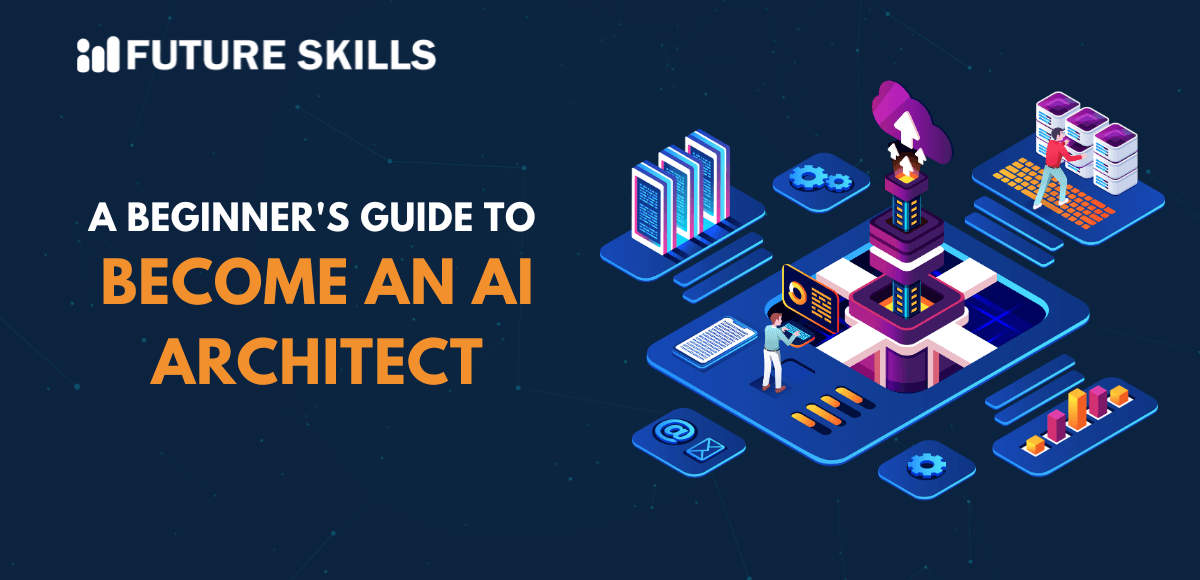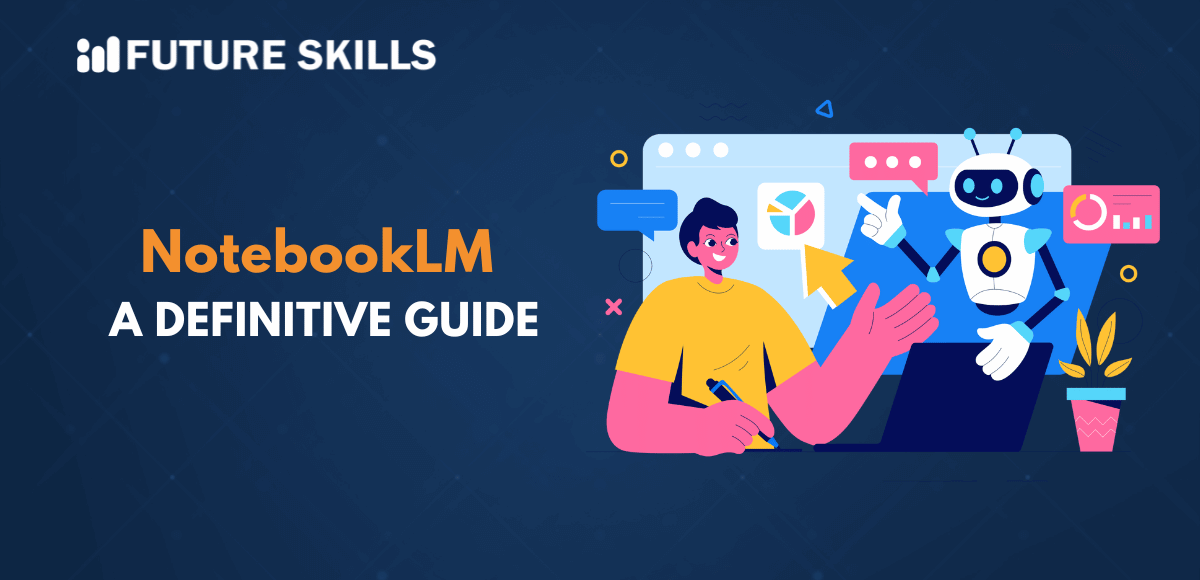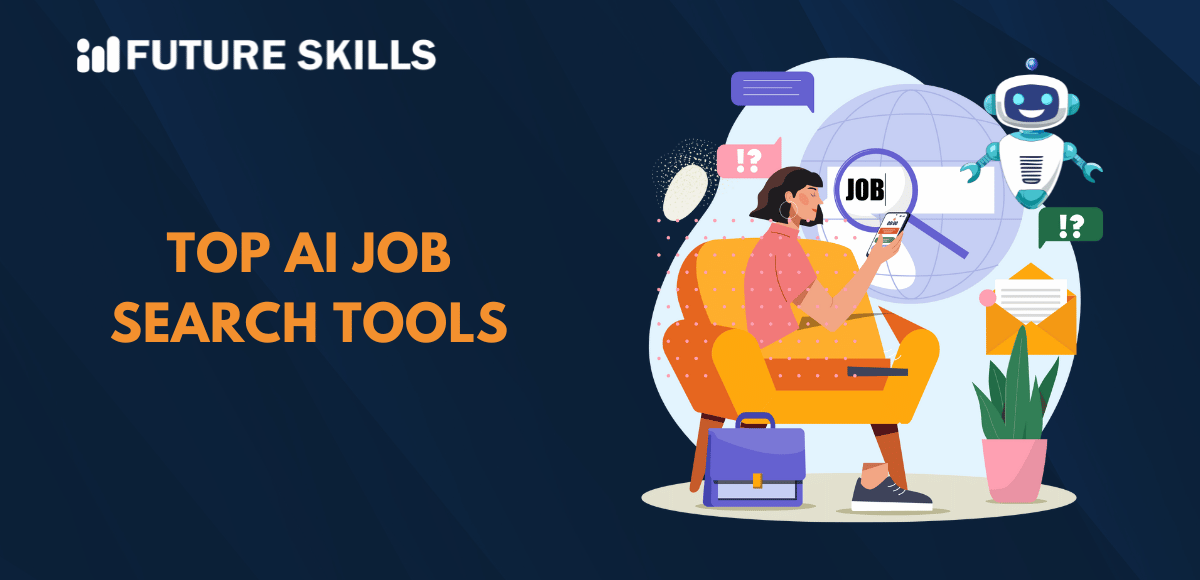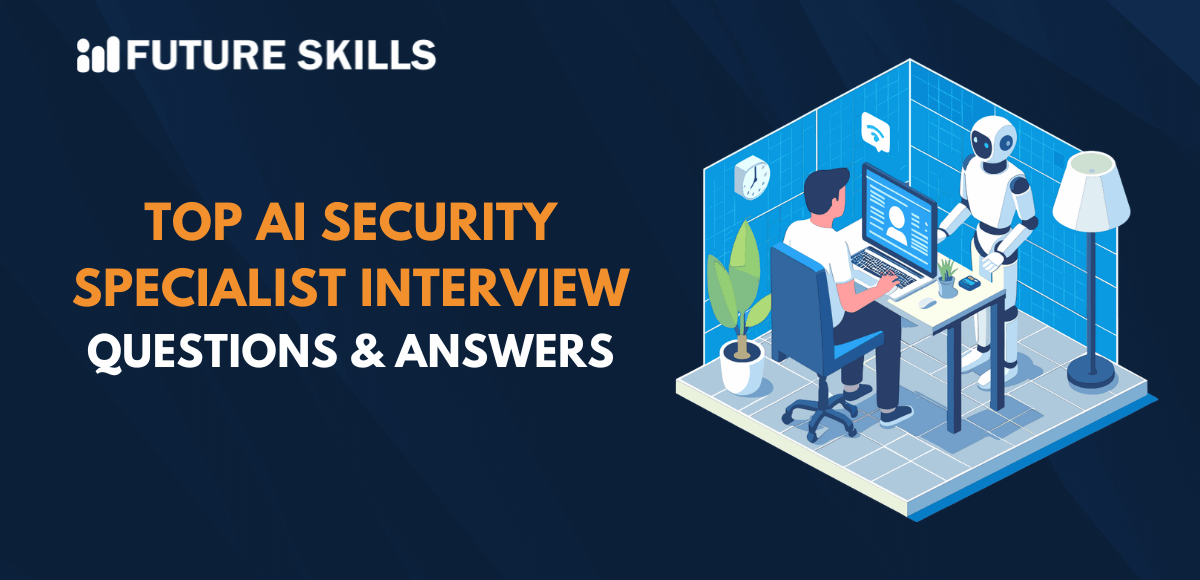The world has embraced artificial intelligence in many ways across various industries. You can notice the applications of AI in everyday lives, including smart virtual assistants and monitoring systems at manufacturing plants. Have you wondered about the magic that plays out behind the working of different AI applications? The ideal answer would point towards AI architect skills and creativity required to develop the most effective AI solutions. Let us learn about the work of an AI architect and their skills along with a roadmap to become AI architects.
Level up your AI skills and unlock new career paths with our unique Certified AI Professional (CAIP)™ Program. Enroll now!
Importance of AI Architects
One of the first things that you might want to know about AI architects is the reason to pursue the role. Why should you become an artificial intelligence architect? AI architects are experts skilled at designing, building, and deploying different types of AI technologies. You must have noticed how businesses across various industries are actively working on AI adoption initiatives. At this point of time, business leaders need professionals to help them with the transformation that comes with adoption of artificial intelligence.
More than half of IT leaders experience struggles in shifting AI projects from proof of concept to the production stage. The AI architect can help them design and implement AI solutions to solve different types of problems. With an AI architect in the team, businesses can define the most relevant architecture strategy and workflows for new AI systems. In addition, AI architects can also help with identification of important tools and extensive scalability of AI operations.
Responsibilities You Have to Assume as AI Architects
The primary work of an AI architect revolves around designing a blueprint for new AI systems that aligns with the strategic goals of a business. You can notice that an AI architect is also a designer who uses their knowledge of AI algorithms and frameworks to create the best AI systems. Anyone aspiring to become an AI architect must understand the responsibilities involved with the job. If you know about the responsibilities associated with a specific job, then you can figure out how to prepare for them.
The role of AI architects relies on different tasks, such as requirement analysis, auditing, solution design, and technology selection. An artificial intelligence solutions architect must also take care of risk management and collaborate with professionals from different departments.
AI solution architects identify the requirements of an organization and how they can use artificial intelligence to solve the problems.
Subsequently, they choose the most effective technology stack and tools for building the AI solution.
The most important work of artificial intelligence architects focuses on developing cost-effective and scalable designs for AI solutions. AI architects must ensure that the design of new AI systems aligns with the organization’s goals.
Another significant responsibility of AI architects points at auditing. Artificial intelligence architects must conduct comprehensive audits for the data and models used in the design of new AI systems. The architect must also create a feedback loop for continuous evaluation of AI services to recalibrate and retrain the models.
The responsibilities of AI solution architects also involve supervising the implementation of AI systems alongside ensuring continuous monitoring and maintenance. Continuous monitoring of AI system performance helps in faster troubleshooting alongside facilitating regular updates and maintenance.
Skill Requirements for AI Architects
The goal of becoming an artificial intelligence architect may lead you on different paths. However, the ideal AI architect roadmap would focus on the skills required to become AI architects above everything else. You should know the technical and non-technical skills required to fulfill the responsibilities as an artificial intelligence architect. The most important technical skills required for AI architects include Natural Language Processing, data management, software engineering, and AI architecture.
An artificial intelligence architect must know about the role of machine learning and deep learning in shaping pipeline architecture workflows. Architects should also have comprehensive understanding of deployment workflows and components of model development and production processes. Another crucial aspect in the job of AI architects is the requirement of data science and data management skills. Artificial intelligence architects must know the best practices for collecting, storing and utilizing data alongside leveraging data science best practices.
The roadmap to become AI architects must also point towards the necessity of non-technical skills. Some of the most crucial non-technical skills involve communication skills, collaboration and project management. Architects must work in collaboration with various stakeholders at different stages of a project alongside monitoring various aspects of product development. Communication skills and collaboration can help AI architects describe technical information to stakeholders who lack technical expertise. The non-technical skills can help AI architects create a healthy environment for product development with every stakeholder actively involved in the project.
Unleash the potential of AI and familiarize yourself with the best AI techniques with AI for Everyone Free Course. Start your AI journey today!
Steps to Become an Artificial Intelligence Architect
The rewards that come with AI jobs have been drawing more aspiring candidates to the artificial intelligence labor market. AI architect is one of the most appealing roles for any candidate who wants to build their career in artificial intelligence. You can find the answers to queries like ‘How do I become an AI designer?’ by following a roadmap. Let us take a look at the important steps that you must follow to become an artificial intelligence architect.
-
Strengthen Your Academic Background
The foremost requirement for a career in AI is your academic background. As an AI architect, you would be expected to have strong understanding of computer science and related fields. The basic requirement for AI architect jobs is a bachelor’s degree that involves in-depth understanding of data science and programming. Some AI architects also pursue higher studies with a master’s degree to expand the horizons of their career.
-
Build Fluency in Programming
AI solution architects must also have fluency in using programming languages such as Python and Java. The two programming languages serve as important requirements for understanding and implementing AI algorithms. Artificial intelligence architects use Python and Java for developing AI systems and machine learning algorithms. You can come across a wide range of training programs and certifications to build fluency in programming with verified credentials.
-
Know More about Machine Learning and Data Science
Most of the work of AI architects revolves around the use of data science and machine learning. Machine learning helps computers achieve autonomous learning and improvement without direct programming or explicit instructions. Data science plays a major role in improving AI systems by offering insights to enhance operations and decision-making. The essential aspects of data science required for AI architect jobs include data structures, data analysis and big data.
-
Professional Certifications Always Help
The most crucial requirement to pursue a career as AI architect is a professional certification. You can use an AI architect certification to elevate your portfolio and attract the attention of employers. Professional certifications help you improve knowledge about artificial intelligence architecture and important concepts required to create AI systems. It is important to note that you must check the content of a certification program to determine whether it can help you specialize in AI architecture.
-
Specialize in AI Tools and Frameworks
You cannot think of becoming an AI architect without awareness of AI tools and frameworks. The two most important AI frameworks that you must learn to become AI architects are PyTorch and TensorFlow. PyTorch is an effective tool for development of deep learning models at a faster pace in the production stage. You must also keep an eye on the functionalities of AI tools from AWS and Microsoft Azure that can support your AI systems. For example, AWS and Azure can offer cloud computing resources to support scalability of AI solutions.
-
Work on Practical Projects
The best approach to become an AI architect would never undermine the necessity of practical experience. You would be just another aspirant seeking AI architect jobs without any experience in real-world projects. Why should any employer hire you? Candidates who have worked on development of AI systems in real-world projects as interns or trainees can contribute value to the employer’s business. You can also collaborate with other AI professionals and complete projects together to enhance your skills. Aspiring artificial intelligence architects can also find the opportunity to improve their soft skills like problem-solving and communication while working on real-world projects.
-
Understand the Urgency of Professional Networking
The final and most crucial recommendation for pursuing a career in AI as solution architects involves understanding the significance of professional networking. You can use professional networking to your advantage for finding jobs tailored to your career goals. The best way to grow your professional network would involve participation in communities and forums alongside collaborations with peers on different projects.
Explore the world of ChatGPT and learn how to use it in real-world projects and custom use cases with our ChatGPT Certification Course.
Final Thoughts
The journey to become an artificial intelligence architect may seem tough from the beginning. You can achieve the dream of becoming a successful AI architect by understanding the AI architect skills and job responsibilities. At the same time, you must also follow a clear roadmap to learn the skills and essential concepts required for AI architecture. Discover the most effective and comprehensive learning resources to hone your skills as an AI architect right now.







